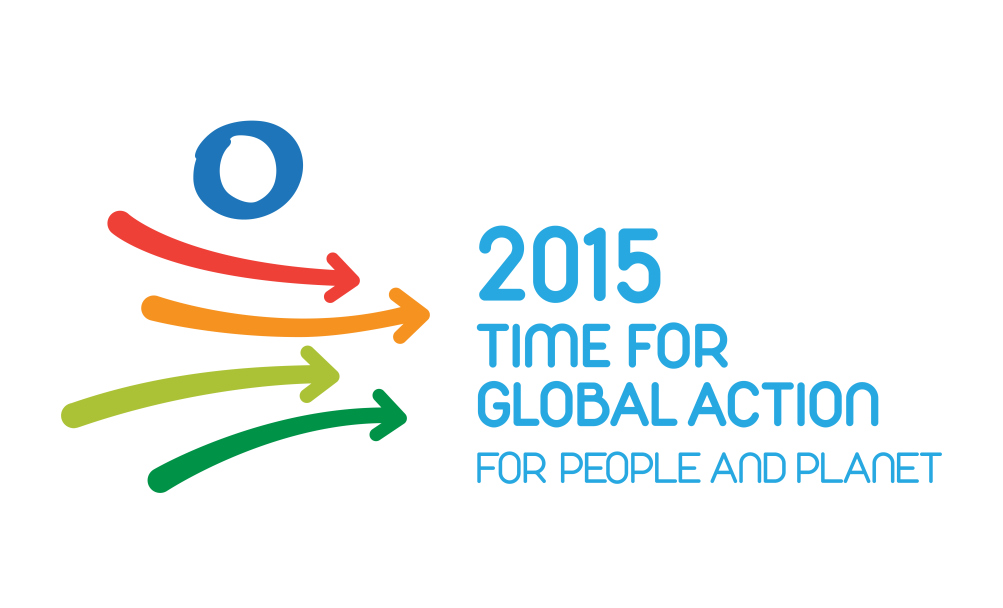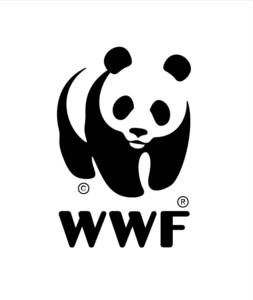Friday 24th of September was a historic day. The UN assembly and all 193 states passed Sustainable Development Goals (SDGs), which set the ground for the improvement of social, ecological and economic welfare of the planet in the upcoming 15 years. These global goals are to be implemented until 2030 and overlap strongly with the aims of the Fish Forward project.
The 17 goals:
1 End poverty in all its forms everywhere
2 End hunger, achieve food security and improved nutrition and promote sustainable agriculture
3 Ensure healthy lives and promote well-being for all at all ages
4 Ensure inclusive and equitable quality education and promote lifelong learning opportunities for all
5 Achieve gender equality and empower all women and girls
6 Ensure availability and sustainable management of water and sanitation for all
7 Ensure access to affordable, reliable, sustainable and modern energy for all
8 Promote sustained, inclusive and sustainable economic growth, full and productive employment and decent work for all
9 Build resilient infrastructure, promote inclusive and sustainable industrialization and foster innovation
10 Reduce inequality within and among countries
11 Make cities and human settlements inclusive, safe, resilient and sustainable
12 Ensure sustainable consumption and production patterns
13 Take urgent action to combat climate change and its impacts
14 Conserve and sustainably use the oceans, seas and marine resources for sustainable development
15 Protect, restore and promote sustainable use of terrestrial ecosystems, sustainably manage forests, combat desertification, and halt and reverse land degradation and halt biodiversity loss
16 Promote peaceful and inclusive societies for sustainable development, provide access to justice for all and build effective, accountable and inclusive institutions at all levels
17 Strengthen the means of implementation and revitalize the global partnership for sustainable development
Fish Forward and the sustainable development goals
Both goal 12 (Ensure sustainable consumption and production patterns) and goal 14 (Conserve and sustainably use the oceans, seas and marine resources for sustainable development) are of particular importance to the Fish Forward project. In order to promote sustainable seafood consumption and production, transparency throughout the whole supply chain as well as extensive awareness raising amongst and the provision of sufficient information to consumers are crucial. Only educated consumers can make responsible buying decisions.
Fish Forward explains the social, ecological and economic impacts of seafood choices on developing countries. It highlights the importance of sustainable consumption for the wellbeing of oceans and people around the globe. In order to achieve the SDGs, it is imperative to link social and economic matters with a sustainable treatment of nature and its resources. In this regard, WWF aims at building a future in which humans live in harmony with nature.
SDG background:
The SDGs replace the Millennium Development Goals (MDGs) and set the direction for the post-2015 agenda. In the course of the UN conference on sustainable development in 2012, the Rio+20 summit, working groups were implemented and have been preparing the final document being passed by all 193 states. “Transforming our World – The 2030 Agenda for Sustainable Development“ is an opportunity for governments to get serious by building on the success of the first Earth Summit in 1992, and the sustainable development successes since then.
WWF has worked at many levels globally to integrate conservation and social equity into development policies – especially those related to basic rights, food security, access to energy and resources, and adaptation to climate change. WWF has strongly advocated from the beginning of the process to make certain that the plan puts the planet on the path towards truly sustainable development. WWF will work to ensure that leaders live up to their commitments while also partnering with governments, business and communities to see the job through.
















